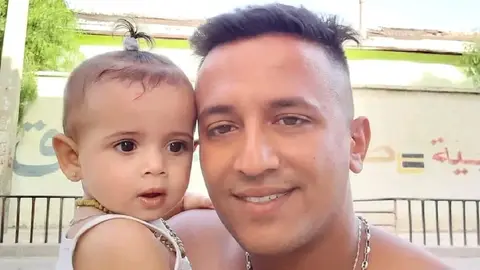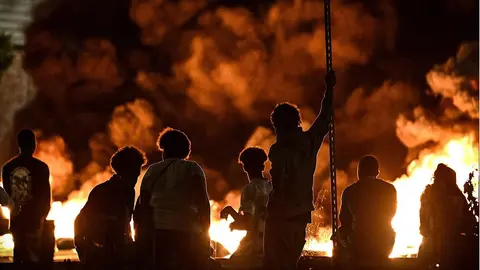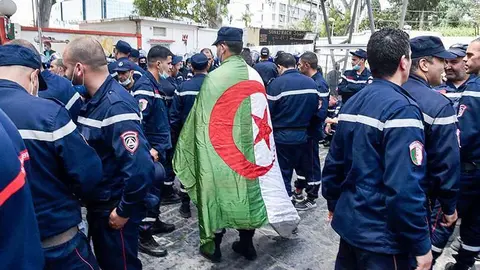A tragic death in police custody sparks outrage in Algeria

In eastern Algeria, the prosecutor of the Tebessa State Court has opened an investigation and ordered an autopsy following the tragic death of a young man in police custody. The incident has provoked widespread outrage among the town's population, who fear social unrest similar to that which recently occurred in France.
The deceased, identified as Haïthem Djebbari, was 25 years old and a father. The Tebessa Judicial Council issued a statement pledging to conduct a thorough investigation into the circumstances surrounding HaÏthem's death and promising to share the results with the public in due course.
As reported by Al-Arab media, the incident came to light when bloggers shared details of the incident on social media earlier this month. An "investigation and intervention unit" reportedly carried out a search of Haïthem's home with judicial authorisation, during which he was subjected to violence. He was then transferred to a police station, where the ill-treatment continued, leading to a deterioration in his condition. Haïthem was subsequently transferred to a hospital, where he tragically died.
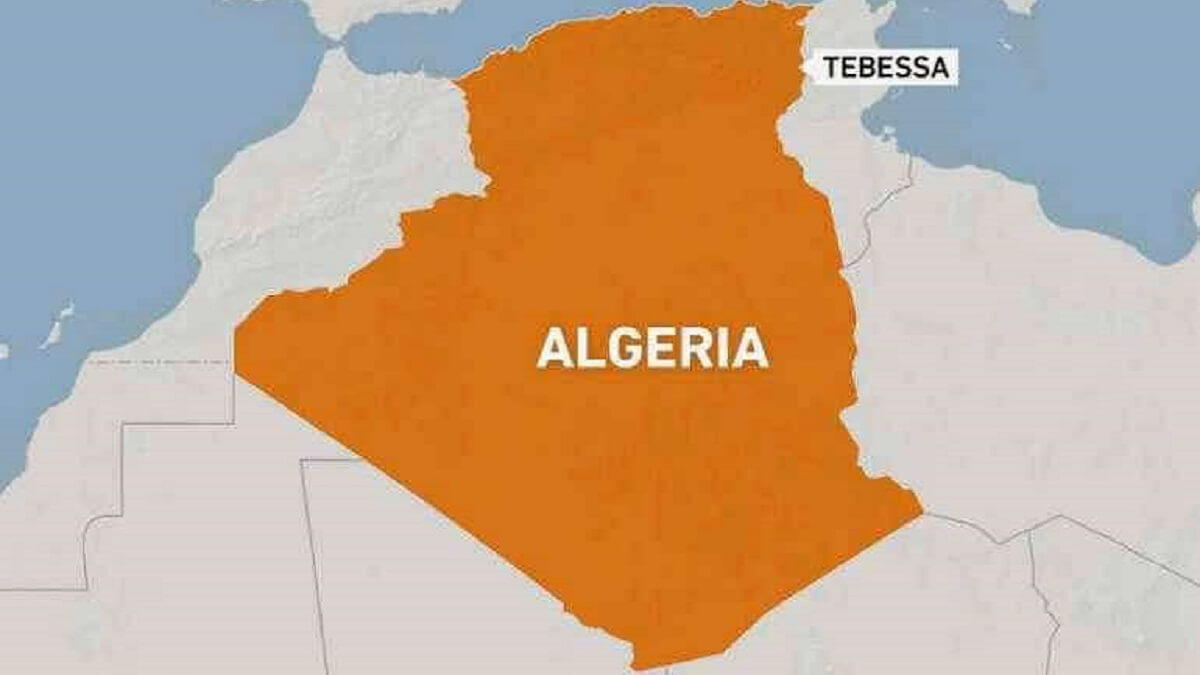
In response to Haïthem's death, supporters across the country expressed their support and called for justice. Several young people from Tebessa attempted to organise a peaceful protest march, but were met with a heavy security presence, which increased tension in the area.
Parallels have been drawn between this incident and the recent case in France of a young man of Algerian origin named Nael who was shot dead by a French policeman, leading to riots and violence in the immigrant community. As the situation in Algeria develops, there are fears that it could follow a similar trajectory.
Despite growing public outrage and calls for accountability, there has been no official response from the police or the Interior Ministry.
In addition, a friend of Haïthem's testified on social media providing a detailed account of the events leading up to the young man's death, claiming that Haïthem was innocent of police suspicions and that he was subjected to severe abuse during his detention.
The hospital to which Haïthem was transferred came under scrutiny for delaying the announcement of his death, allegedly resorting to artificial respirators for two days to avoid an immediate public reaction.
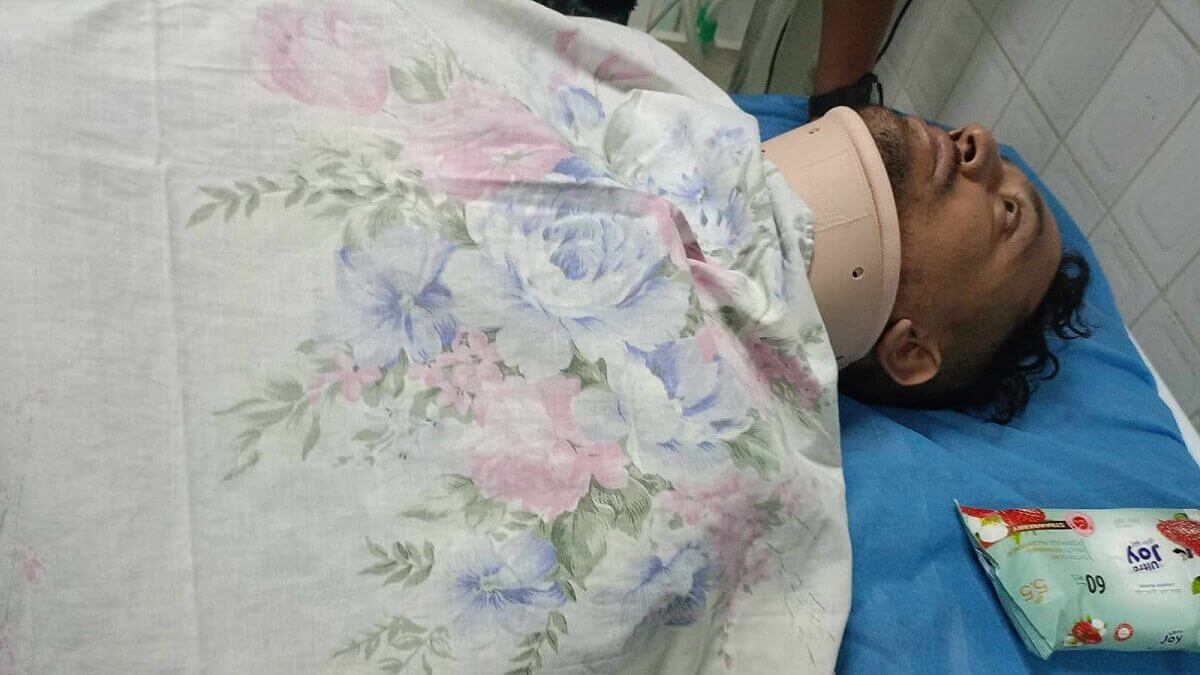
As the investigation continues, the victim's brother has reportedly been arrested and the authorities have reportedly targeted bloggers who share information on the internet to control the narrative surrounding the case and prevent further dissemination of details to the public.
Amid growing public pressure and social media attention, the silence of the police apparatus and the Ministry of Interior has only fueled public outrage. The lack of immediate action or transparency on the part of the authorities has led to accusations of a cover-up and demands for accountability.
The victim's family and friends, along with concerned citizens, have been vocal in their demands for justice for Haïthem. They have shared recordings of Haïthem before his untimely death, in which he pleaded with the president of the republic to intervene and put an end to the injustice and brutality he was subjected to. These heart-wrenching appeals have struck a chord with the nation, eliciting sympathy and support for the victim's cause.
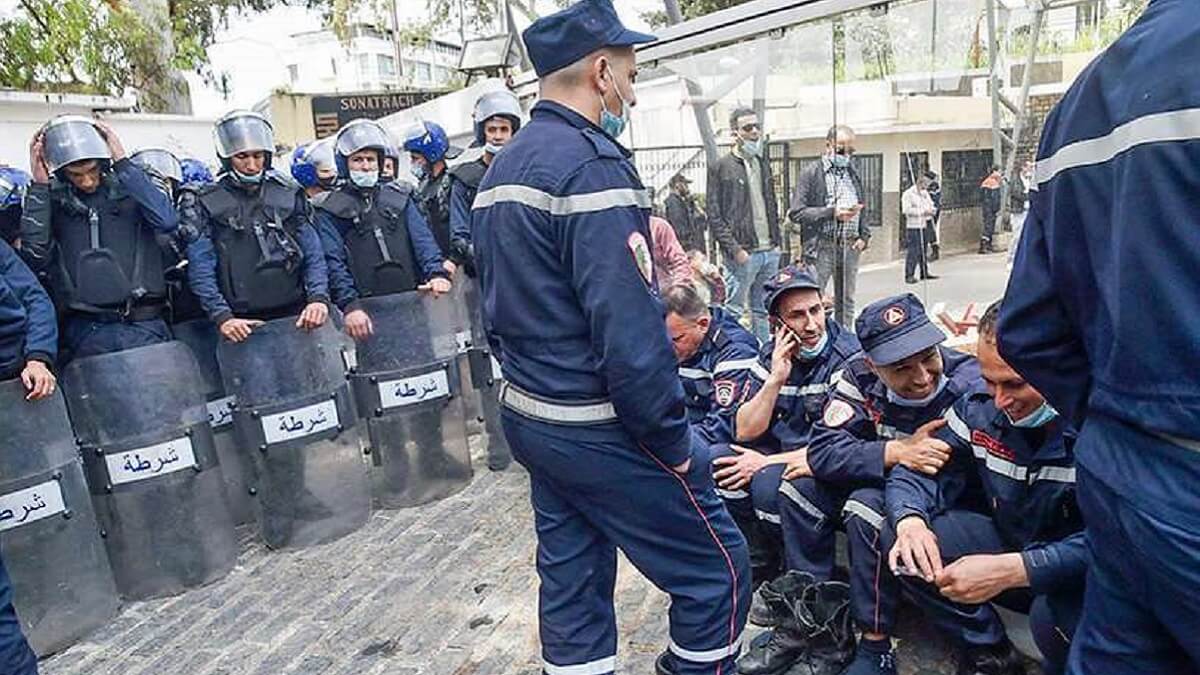
The case has not only moved the local Tebessa community, but has also captured the attention of the entire country, with citizens and activists from various regions expressing solidarity and calling for a transparent and fair investigation.
This has raised questions about the need for reforms in the police system to prevent similar tragedies in the future.
The nation remains attentive to the Tebessa State Court investigation and the autopsy report, eagerly awaiting transparency and a commitment to hold those responsible to account. The outcome of this case could have profound implications for the relationship between citizens and law enforcement agencies, and could shape the future discourse on policing practices and accountability in Algeria.

